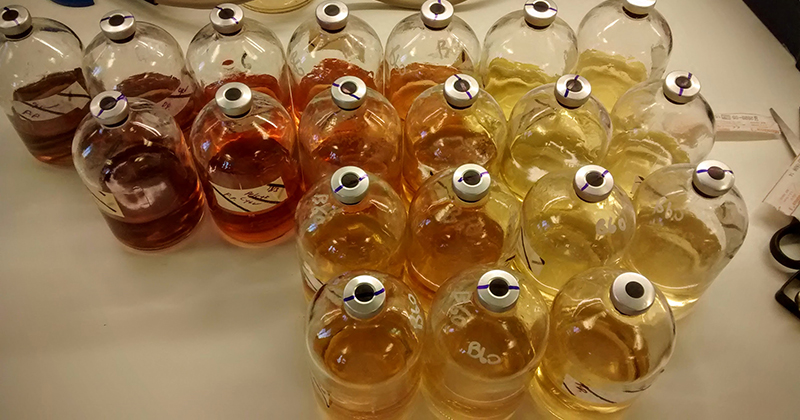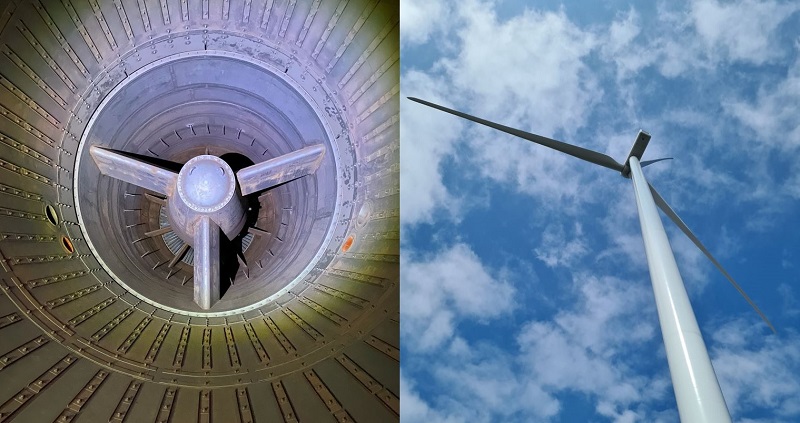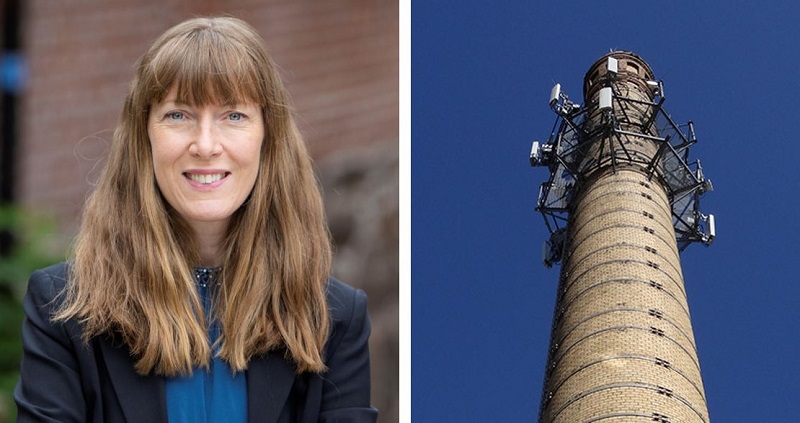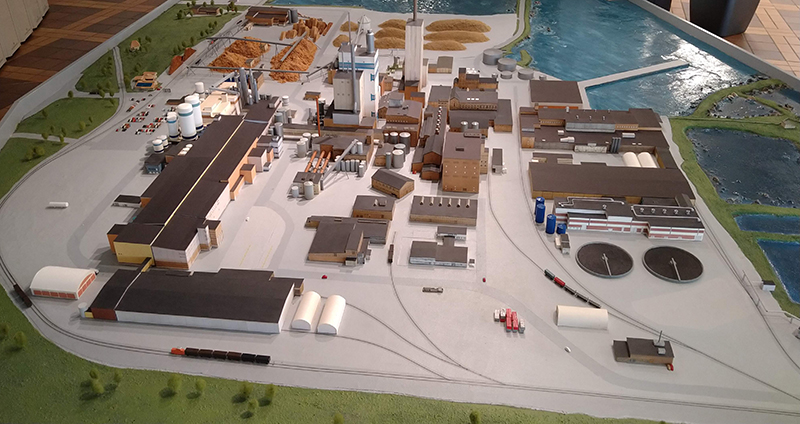Bacterial syngas fermentation is a radically new concept for producing renewable fuels of high importance to the Swedish energy sector. Syngas is a mixture consisting primarily of CO, CO2, and H2 that is produced through gasification of many carbon-containing materials, e.g. biomass, municipal waste and from heavy industrial processes. Gasification allows the conversion of literally any carbon-containing material into syngas and syngas fermentations by biocatalysts can fully exploit the carbon, but many scientific challenges persist.
The focus here has been to overcome major obstacles related to process inhibition, as impurities found in syngas, were hypothesized to disrupt cellular growth and lower productivity. A propagation scheme has been developed, allowing the production of growth and production of ethanol from CO in the presence of inhibitory BTX compounds with similar efficiency as with pure CO. This is a major advancement towards fermentation of industrial syngas.






